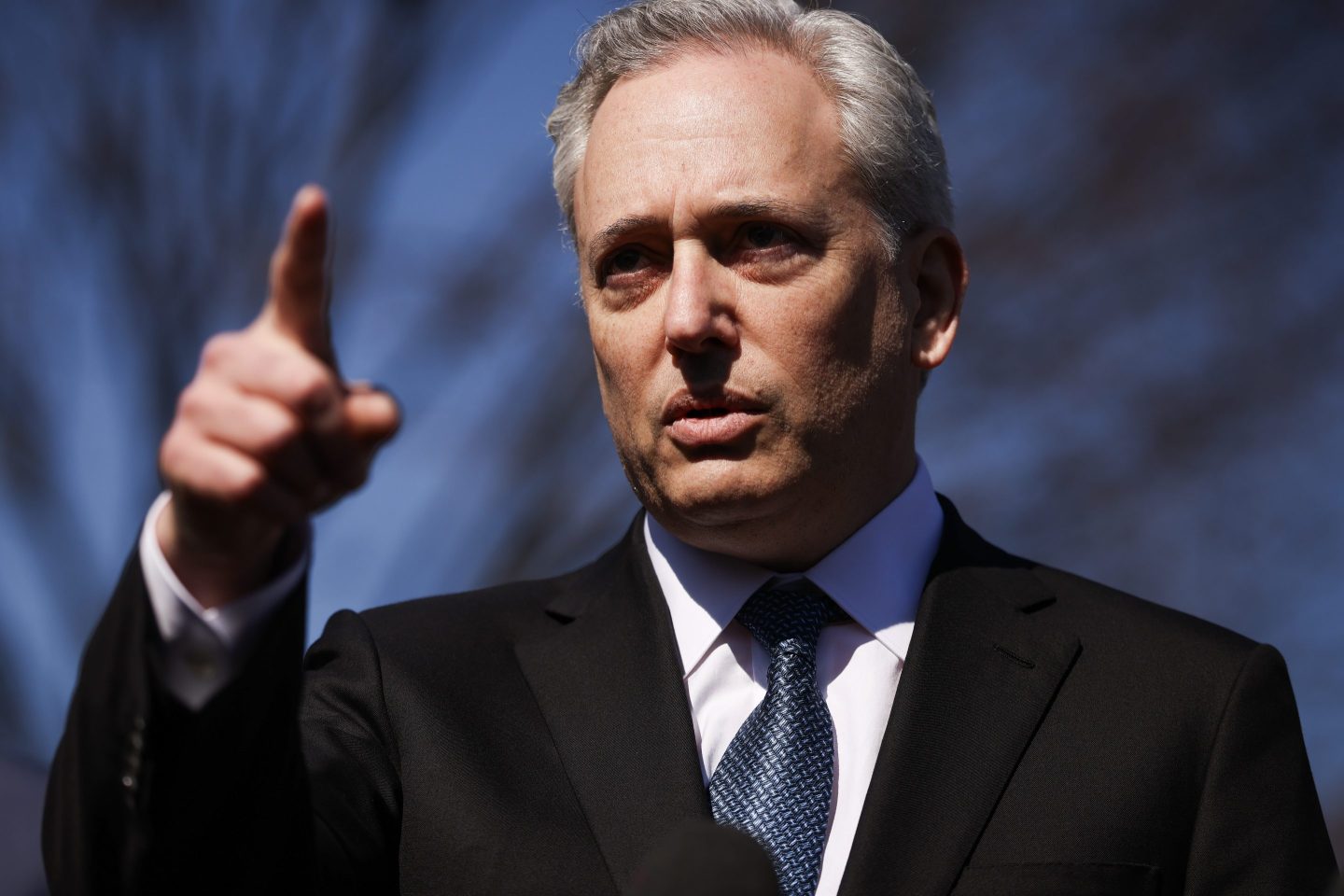Although President Biden’s executive order on Wednesday largely focused on cryptocurrencies, it was his mention of a U.S. Digital currency that got the most attention.
Specifically, he encouraged the Federal Reserve to continue researching the creation of a U.S. Central Bank Digital Currency, or CBDC.
“My Administration places the highest urgency on research and development efforts into the potential design and deployment options of a United States CBDC,” Biden said in his executive order.
Here’s what that is, and why it’s important.
What is a CBDC?
A Central Bank Digital Currency is a digital version of a country’s legal tender issued by its central bank. In the U.S. A CBDC would be issued by the Federal Reserve and be equal in value to a physical dollar.
At least nine countries have created their own CBDCs, including the Bahamas and Nigeria. More than 100 other countries are exploring issuing a digital currency, according to the White House.
Like physical dollars, a CBDC is a fiat currency, which means it is a government-issued currency that is not backed by a physical commodity like gold or silver.
The important thing is that CBDCs would be “central bank money,” or a liability of the central bank. That’s what would make it different from current digital money, like money held in banks or payment apps, which are liabilities to commercial banks, the Fed says. According to the Fed, “a CBDC would be the safest digital asset available to the general public, with no associated credit or liquidity risk.”
Why would the U.S. Want a digital dollar?
According to Biden’s executive order, a digital dollar could be useful for reducing high cross-border transaction fees, expanding financial services to people who don’t use banks, and supporting the dollar’s role as the world’s most traded currency.
But critics argue that a U.S. CBDC could put people’s savings at risk of being hacked. It could also centralize data about consumer’s financial transactions with the government, which some say could give the government increased control over a citizen’s finances.
U.S. Rep. Tom Emmer, a Republican from Minnesota, went as far as to say in January that, “Requiring users to open up an account at the Fed to access a U.S. CBDC would put the Fed on an insidious path akin to China’s digital authoritarianism.” Earlier this year, Emmer introduced a bill to prevent the Federal Reserve from issuing a CBDC directly to individuals.
Crypto vs. CBDC
Although CBDCs resemble cryptocurrencies, there are key differences.
A cryptocurrency like Bitcoin for example, was created with decentralization at its core. That means no one government, individual, or organization controls it.
A digital currency issued by the central bank, on the other hand, would be government controlled.
CBDCs could also rely on intermediaries like banks for transferring funds. Many cryptocurrencies, in contrast, are built for peer-to-peer transactions, with no intermediary.
Price fluctuations would likely also be a major difference between crypto and CBDCs. Because a digital U.S. Dollar would always be worth a dollar, it would eliminate the risk of the asset’s value fluctuating like other cryptocurrencies. The U.S. Digital dollar would be worth just as much as the U.S. Paper dollar.
How likely is it for the U.S. To issue a digital dollar?
Although Biden said in his executive order that the “highest urgency” would be placed on researching a U.S. CBDC, it’s unlikely to be created soon.
In January, the Federal Reserve issued a report about CBDCs in which it said the financial system could benefit from a digital currency, but only if it were run through the current system of private banks and not issued directly by the Fed to consumers.
“The Federal Reserve’s initial analysis suggests that a potential U.S. CBDC, if one were created, would best serve the needs of the United States by being privacy-protected, intermediated, widely transferable, and identity-verified,” the Fed report said.
But Biden’s executive order this week is an important step in making a U.S. CBDC a reality. It encourages the Fed to go beyond its current research and to develop “a plan for broader U.S. Government action in support of their work.”
Never miss a story: Follow your favorite topics and authors to get a personalized email with the journalism that matters most to you.











